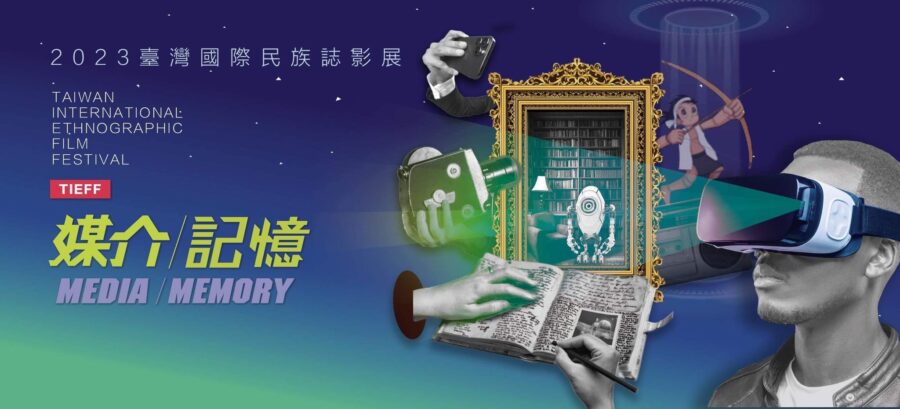Imbe Gikegu, The Smell of Pequi Fruit
As the dry season comes to an end, it’s the time of celebration and merriment in the Alto Xingu. The smell of the damp earth is mixed with the sweet perfume of pequi. But it has not always been like that: if it had not been for a death, the pequi would possibly not exist.
Linking the past to the present, Kuikuro filmmakers tell a tale of dangers and pleasures, of sex and betrayal, where men and women, hummingbirds and alligators build a shared world.
